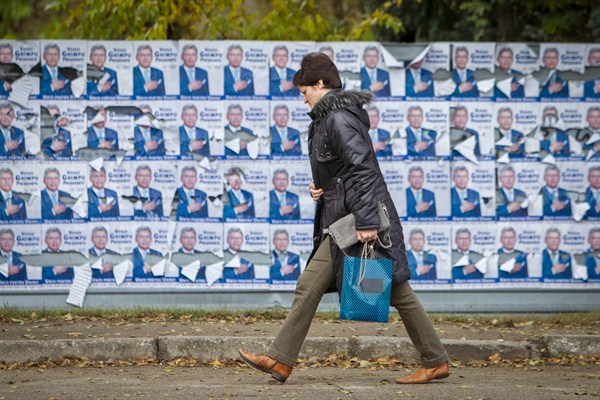CHISINAU, Moldova—Most headlines about Moldova would have you believe this former Soviet republic of 3.5 million people is torn between East and West, the impoverished victim of a battle for influence on the European Union’s doorstep that pits Brussels against Moscow.
To be sure, geopolitics is a major part of the picture. The two candidates in the ongoing presidential election here prove it: Igor Dodon, a pro-Russian socialist, says he wants to see Moldova’s hard-fought Association Agreement with the EU torn up, while Harvard-trained economist Maia Sandu pledges to support the country’s pro-European course. Since neither secured a majority in the first round of voting late last month, they will face off in a Nov. 13 runoff.
But far more pressing for Moldova is the widespread graft and misrule that have sapped the country’s resources and public confidence in its political class. Twenty-five years after the collapse of the Soviet Union, experts say Europe’s poorest country is still suffering from feeble institutions that have been captured by a self-interested oligarchy.

